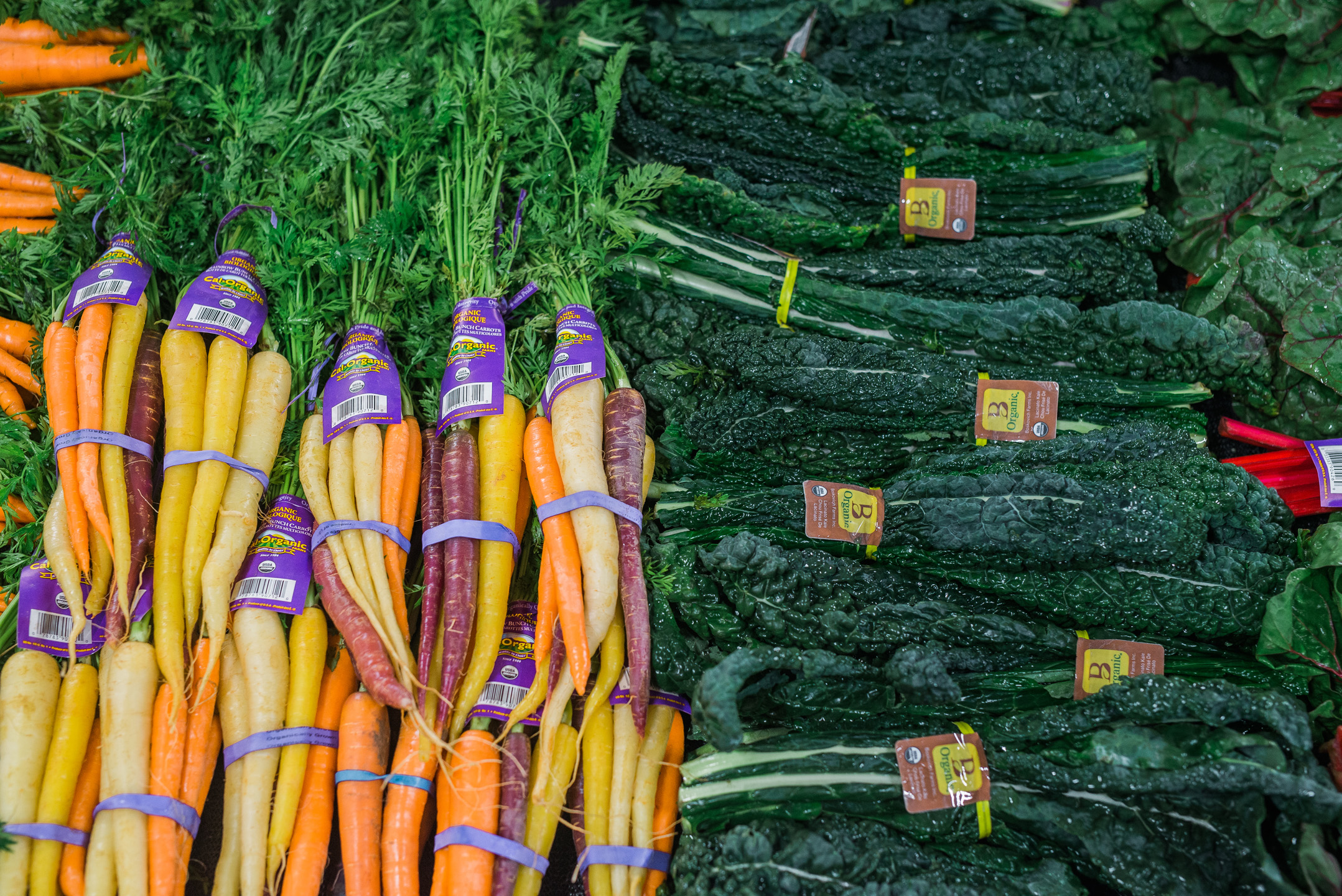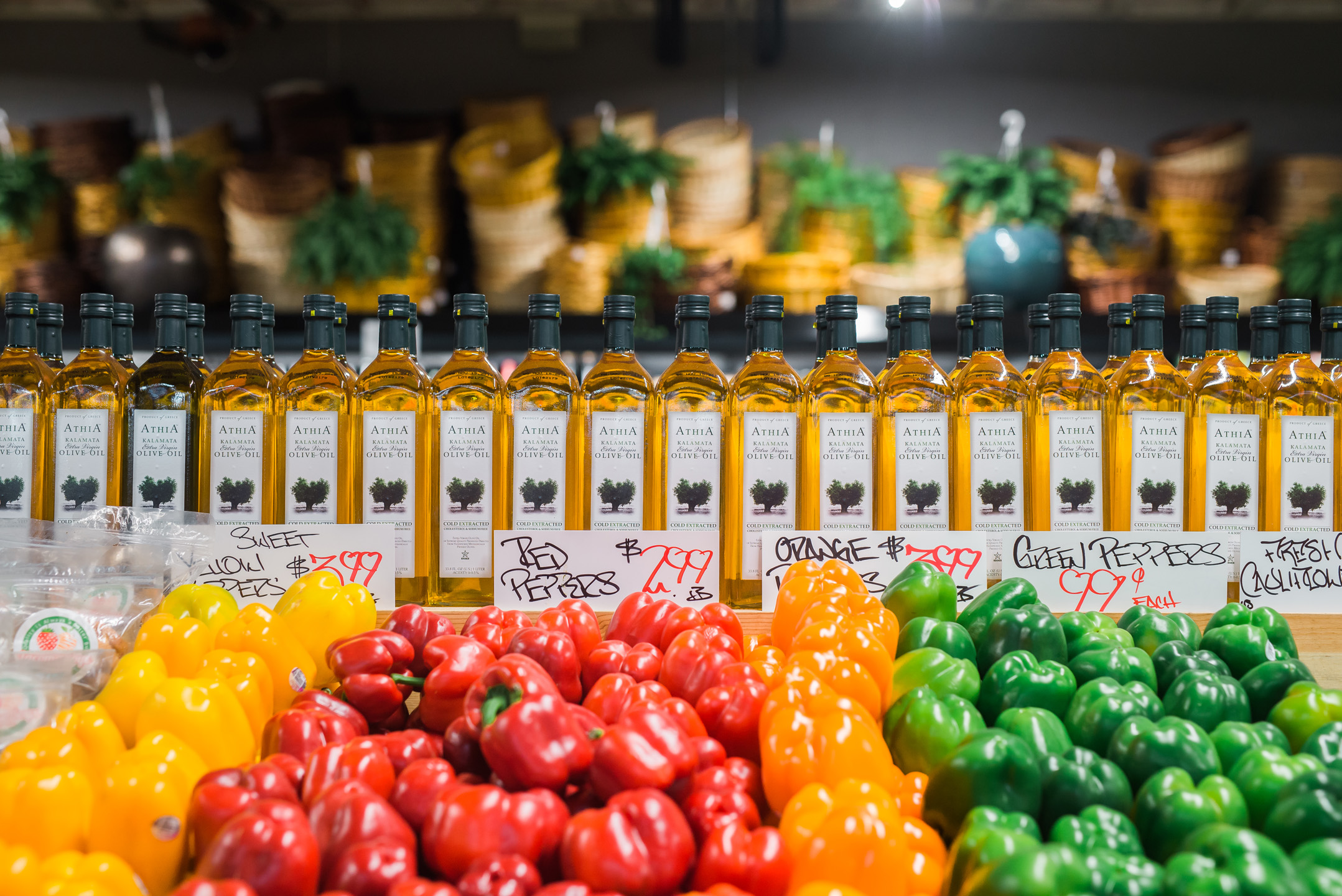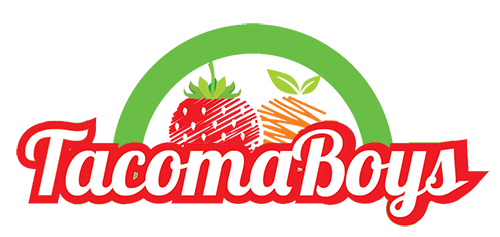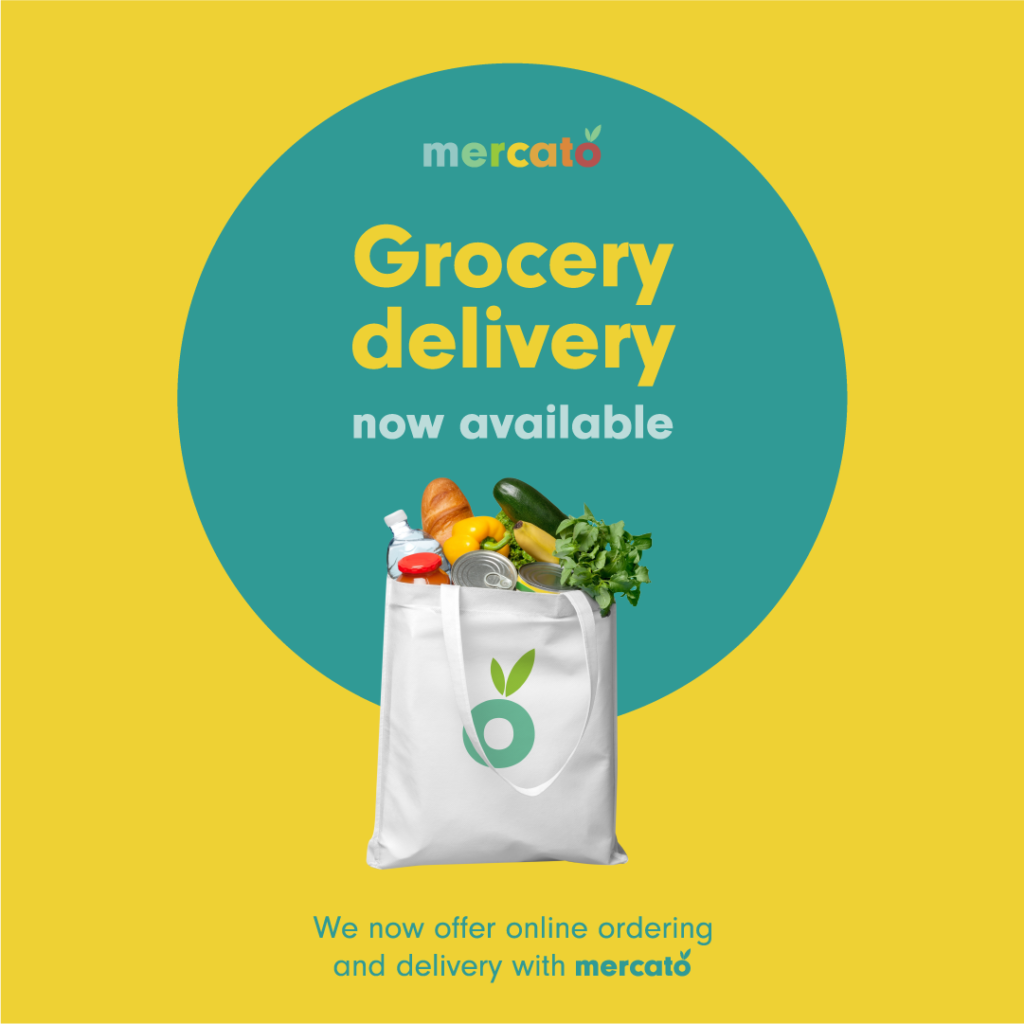Are Your Vegetables Going Bad? Here’s How to Store Vegetables
Are you spending your hard-earned cash on vegetables, only for them to go bad after buying them? Want to know some easy ways to properly store vegetables so they’ll stay fresh for as long as possible?
In this article, we’re covering how to store your vegetables so you can keep your vegetables fresh (and delicious).
How to Store Vegetables
Have you ever stopped by the farmers market on a whim and left with way too much produce? It happens to the best of us – all of the beautiful fresh fruits and veggies look so good that we fill up our whole bag without knowing exactly how we’ll be cooking all of it!
Or maybe you plan on going away for the weekend before you can finish all the vegetables in your fridge. Well, the good thing is that there are ways to save these vegetables and spare yourself the waste.
When it comes to storing vegetables, each piece of produce is different from the next. Here are some general best practices on how to store vegetables, so you can rest easy knowing you have a few days to prepare them before they go bad.


Store Your Leafy Greens Immediately
If you purchase leafy greens, you should try to consume them within 1-2 days of purchasing them. This will ensure freshness and guarantee that you’re getting as many nutrients out of them as possible.
When storing them, wrap the unwashed leaves in a paper towel. It’s important to absorb any excess moisture on the leaves because that will cause them to rot faster. Once you’ve wrapped them, place them in a plastic bag and put them in your fridge.
Make sure to discard any rotten leaves before storing your greens in the fridge. And try to separate your different varieties of greens into separate bags!
Using the Fridge
It’s important to remember that certain veggies should be stored in a cool, dry place but not in the fridge. Potatoes, onions, and even tomatoes need their own dedicated space in the kitchen. Putting them in the fridge will cause them to lose some flavor. For your other produce, keep anything that’s not fully ripe out on the counter. Once your vegetables are ripe, it’s time to use the fridge or freezer.
Freeze Your Vegetables if You Can’t Eat Them in Time
The first thing you should do to store vegetables is chop the ripened veggies and freeze them for future use. You can freeze a variety of vegetables including bell peppers, broccoli, brussel sprouts, eggplant, mushrooms, and green beans.
Fall is upon us; some seasonal favorites that freeze well are pumpkin and squash.
To store them correctly, you’ll need to blanch the vegetables in hot water before sticking them in the freezer. This will neutralize any bacteria present in the vegetables, and in turn, delay spoilage. This is the step most people forget, and it makes all the difference.
Freezing veggies is a great way to meal prep – especially for soup. You can have all your favorite soup’s ingredients in one bag ready to go for an easy, healthy meal.
Buy & Prep Appropriately
When it comes to freshness, some vegetables last longer than others. Root vegetables like carrots, beets, and turnips will last up to two weeks in the fridge. Sturdier greens like kale and collard greens will also last a lot longer than greens like lettuce.
Beyond buying sturdier vegetables, you need to try to prep and store them the best way possible. For vegetables like carrots and beets, you should remove the tops and greens and store them separately. Keep pod vegetables and zucchini in resealable bags, and refrain from refrigerating vegetables like gourds.
It’s important to remember that the storing process differs by vegetable. Some will always last longer than others no matter how much you try to keep them fresh. If you’re uncertain how long a certain vegetable will last, check out this checklist on vegetable freshness. And as always, if you stop by a local Tacoma Boys or H&L Produce, our team can answer any questions you may have about specific veggies on your shopping list.


Final Thoughts on Vegetable Freshness
It isn’t fun to find out that the vegetables you bought have gone bad before you had a chance to use them. But, if you follow these easy tips, you’ll know how to store vegetables correctly and maximize their freshness. This guide will help you prevent food waste and save money too!
Unsure of what to do with your vegetables? Want some fun and easy recipes to try out? Let us know in the comments!

